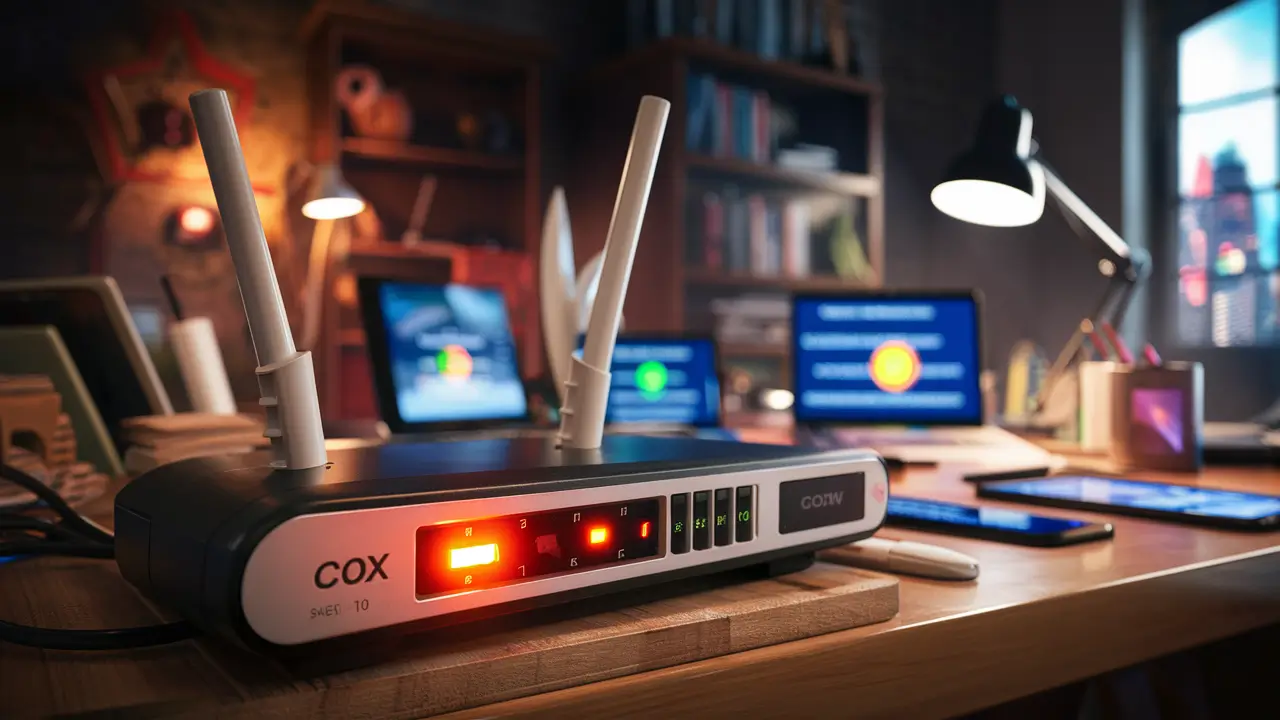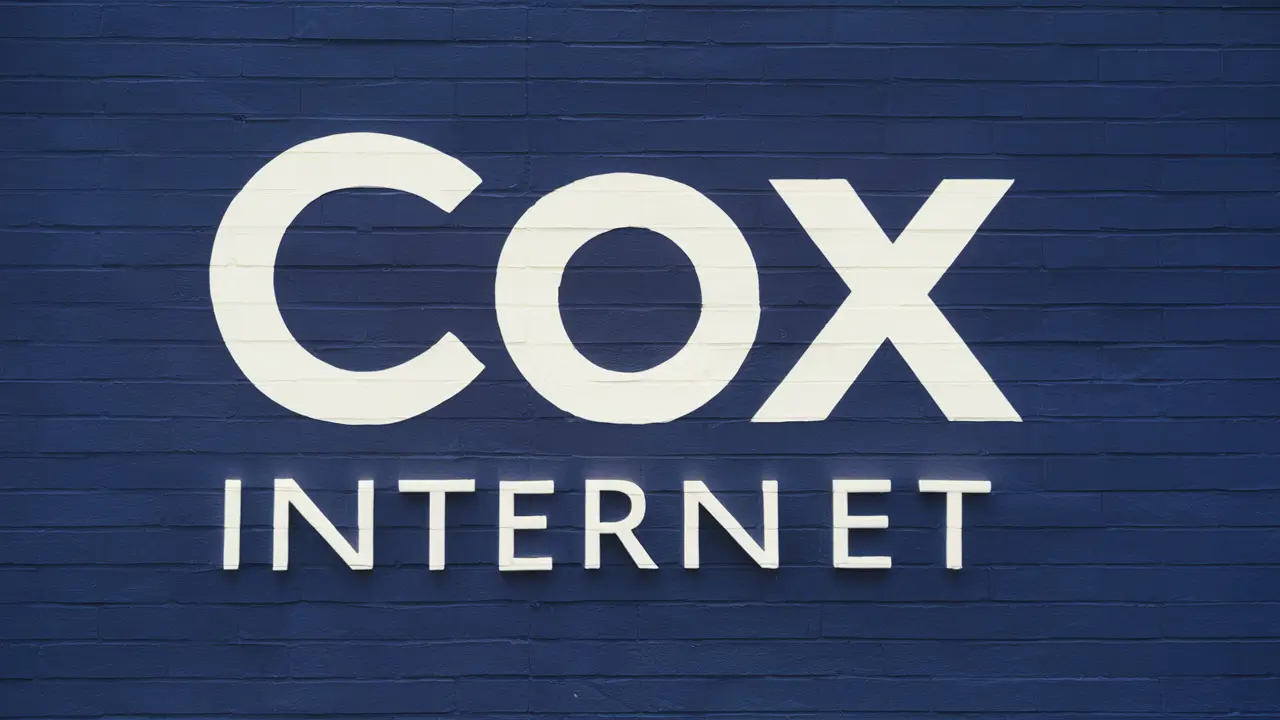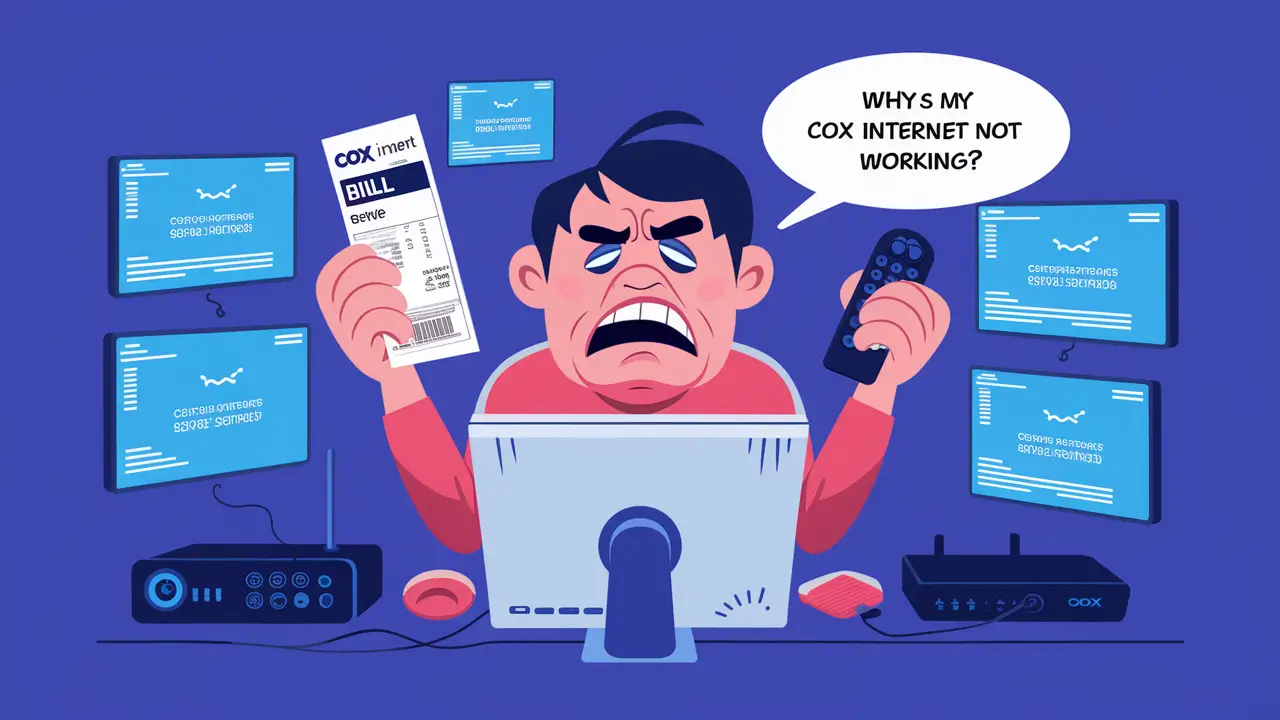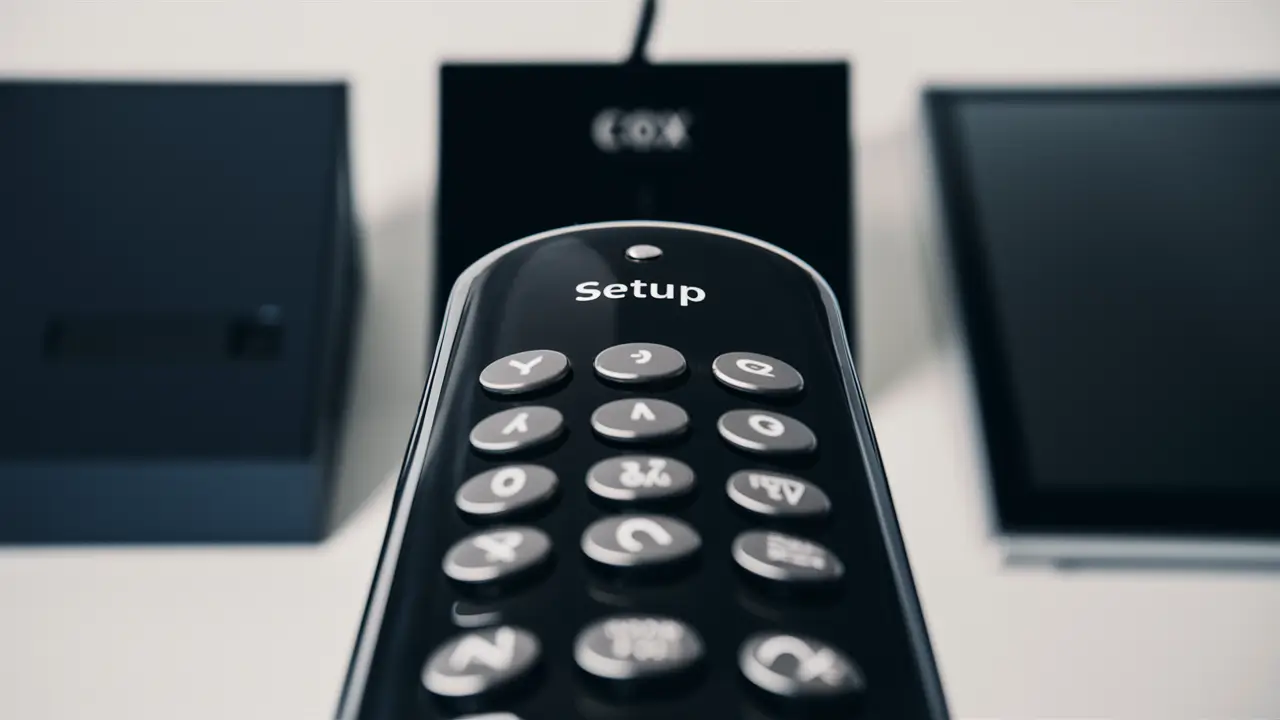
Nowadays, being connected to the internet through WiFi is as necessary as being connected to an essential utility. However, such cable internet providers as Cox can be costly, inconvenient to install, or unavailable at all. Fortunately, you have a few strong possibilities that will enable you to get WiFi without having to subscribe to Cox cable. These alternatives include limited access to the Internet through hotspots and the establishment of personal wireless networks through other equipment. Below, I will describe the main approaches outlined in this guide.
Leverage Public WiFi Hotspots
Another option for accessing WiFi is by using free access to wireless networks available in public areas. Most retailers, cafes, parks, airports, libraries, and other public establishments provide guests with an opportunity to connect to an open wireless network for free.
To know which hotspots are currently open, download an application such as WiFi Map on your mobile device. This will show all the available and reachable wireless networks which are in your reach. Just approach the business or the location physically, select the correct network in the list of available WiFi networks on the device’s screen, and join without entering the password.
The main disadvantage of this approach is that public WiFi networks can have unstable connections, get crowded during high traffic, or have limited bandwidth. It is quite suitable for using them for casual browsing, but you need to refrain from using them for running sensitive apps and information processing. Nonetheless, using these free hotspots is useful in a pinch when you simply need to get online and don’t have mobile data available.
Tether Your Smartphone’s Data
If your smartphone has a lot of unrestricted mobile data, then you can turn your smartphone into a personal WiFi hotspot by using its tethering option. In both iPhone and Android, there is always a basic tethering selection that can be found in the phone’s settings.
When this is activated, you can create a wireless network from the phone that to other devices, for instance, use your phone’s data connection to provide a WiFi connection exclusively for your laptop, tablet, etc. This provides effective internet for other wireless devices anywhere since it uses cellular data rather than wired cables.
Some carriers for instance offer smartphone tethering at an additional cost if heavily used however, it is good to check the policy of your plan. However, if you can afford it every month, this simple tethering is included in most of the latest models of the smartphone.
Take Advantage of a Public Library’s WiFi
There is usually free WiFi at a local public library that you can sit down and use if you have a library card. Of this, you will locate most of the libraries in cities, although some small towns have small public libraries with computer amenities. The library WiFi will in most cases be faster and more stable than random overheard coffee shop WiFi due to a dedicated connection.
If you have to go online for free then go to your local library sign in with some ID like a card number and use their PCs or use your gadget via their Wi-Fi connection. This ranges from simple tasks like visiting social media platforms to more complex tasks such as completing job employment forms. The time spent on the library computers may be restricted depending on the number of users in a particular session.
Deploy Alternate Routers
If you aim to have home internet access without necessarily subscribing to Cox cable, it is possible to set up your WiFi network. This demands that a different router device be used one that does not depend on cables to establish its connection. A few options that provide wireless internet derived from other sources:
Wireless ISP – Different wireless internet service providers use point-to-point wireless radio links and not wires. This entails linking an external antenna to an interior router to offer WiFi through that radio transmission network. Latencies can be close to or even below cable internet standards when properly designed.
Satellite Internet – This type of internet is established by connecting to a network in space above the Earth, which means that it does not require any cables. Installation requires a small dish placed outdoors to supply a modem/router indoors. But simply be cautious of restrictive data plans on satellite internet that may restrict heavier usage.
Cellular Internet – If your home is in an area that receives little or no signal from mainstream carriers, you can enhance this with the help of a cellular signal booster. Then, connect a cellular modem/router to the data networks for Wi-Fi in the home without the use of cables. The performance directly depends on the quality of the cellular signal you have.
These options demonstrate that it is possible to set up a WiFi network within a home environment without necessarily having to use cables. Internet and availability will depend on the equipment used and cell/radio/satellite service in your location. However, when it comes to finding other ways of getting home internet, there are many more options to consider.
Use Neighbor's WiFi (Politely)
If the house next to you has a cable subscription they are likely to have WiFi and you may approach them and request them to connect you by giving you their password. However, this squarely rests on their wish and desire to do so.
Remember that obtaining unauthorized access to a neighbor’s WiFi is unlawful, however, sharing passwords is quite normal among friends and relatives. Of course, you should only do this if you are comfortable and confident with the individuals residing in the house next door.
The main advantage here is the splitting of the existing cable bill which lowers their costs as you get WiFi without having to deal with installation woes. But simply be very cautious never to send/receive financial, medical, or any other sensitive information over such shared networks. It is also important to ensure that you discuss and set realistic bandwidth limits so that you do not overburden your neighbor’s network.
Thus, with the proper combination of the options above, you can get connected over WiFi without having to pay the cable incumbent Cox. From connecting to free public WiFi hotspots to using other hardware to access wireless internet, there are cheap ways of accessing WiFi even if cable internet service providers are not available in your area. You must consider which of the two approaches is most suited to your connectivity requirements, your finances, and the technical environment of the location.
Call (844) 340-5111 to get a new Cox connection now!
Read More:
How to Program Cox Contour Remote to TV Without Code?
How to Program Cox Remote to TV?






